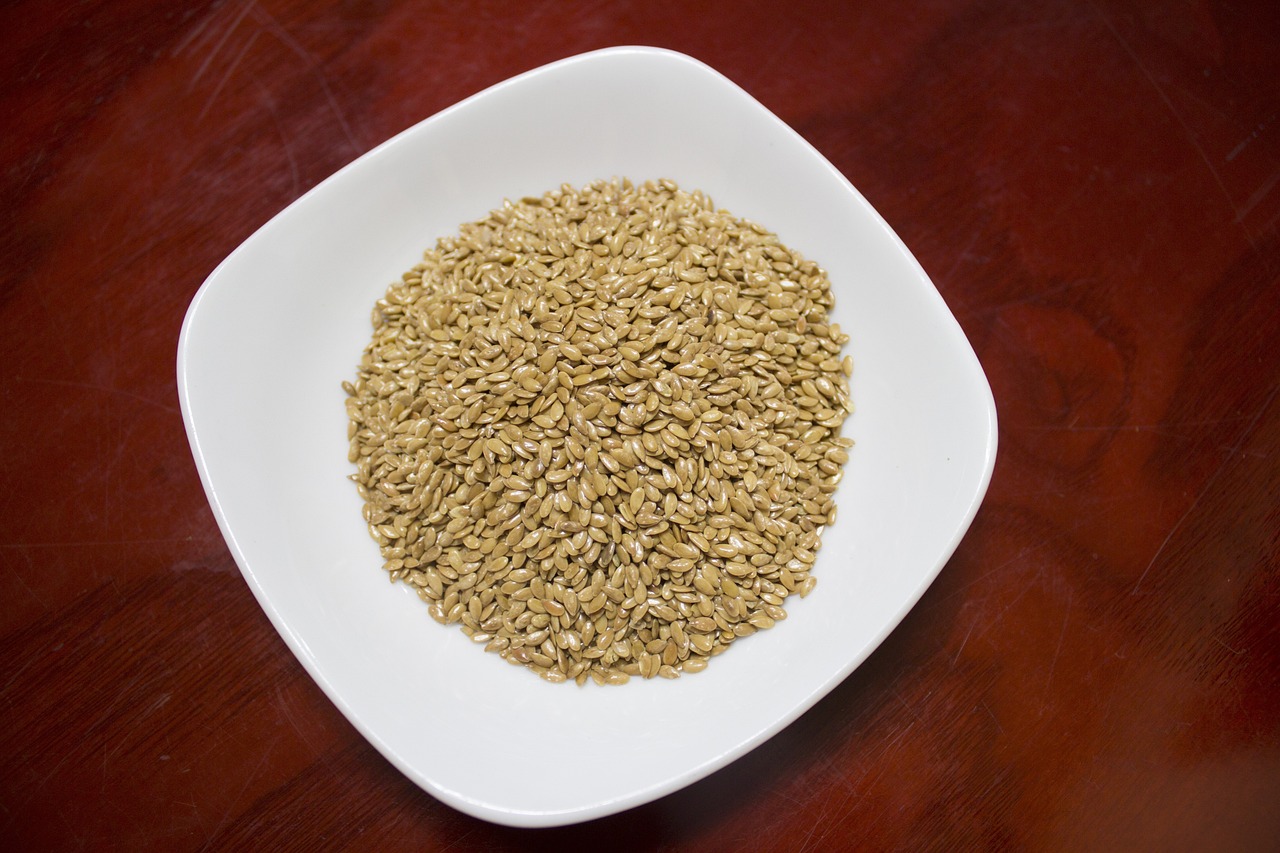The possibility of using the tiny organisms in our gut, called gut microbiota, in the prevention and treatment of chronic health issues is a topic of growing interest. In a new study, researchers manipulated gut microbiota using flaxseeds and found it could be beneficial in the prevention of breast cancer.
Flaxseed is known for several health benefits, including relieving constipation, controlling cholesterol levels, and reducing inflammation. It is often recommended for diabetes, obesity and swelling in the kidneys in people with lupus.
Flaxseeds contain phytoestrogens called lignans that could influence the relationship between gut microorganisms and the expression of mammary gland microRNAs (miRNAs). Some of these miRNAs regulate the genes involved in breast cancer, the latest study revealed. The results of the study were published in the ASM journal.
“The gastrointestinal microbiota plays an important role in modifying many components of our diet to impact human health,” said Jennifer Auchtung, from the University of Nebraska—Lincoln, who coordinated the review of the research paper.
“In this study, we found correlations between diets enriched in flaxseed, cecal microbiota composition, and miRNA profiles in the mammary gland that regulate many pathways, including those involved in cancer development. This preliminary study supports further research into the role that the microbiota plays in dietary approaches to reduce risk factors associated with disease,” Auchtung added.
Prior studies have shown that lignans, or fiber-associated compounds commonly found in foods such as grains, nuts, seeds, vegetables, and drinks such as tea, coffee or wine, reduced breast cancer mortality in postmenopausal women. The highest concentrations of dietary lignans are found in flaxseed.
The latest study examined the effects of flaxseed lignans on the microbiota of young female mice. The team fed flaxseed lignan components to female mice to see if their gut cecal microbiota profiles are related to miRNA expression in the mammary gland.
“One flaxseed oil lignan requires microbial processing to release bioactive metabolites, small-molecule chemicals produced during metabolism that influence physiology and disease —in this case, having antitumor effects. The researchers found that the microbiota and mammary gland miRNA are related and that flaxseed lignans modify the relationship to be non-cancer-causing,” the researchers wrote.
“If these findings are confirmed, the microbiota becomes a new target to prevent breast cancer through dietary intervention,” said corresponding author Elena M. Comelli, from the University of Toronto.


